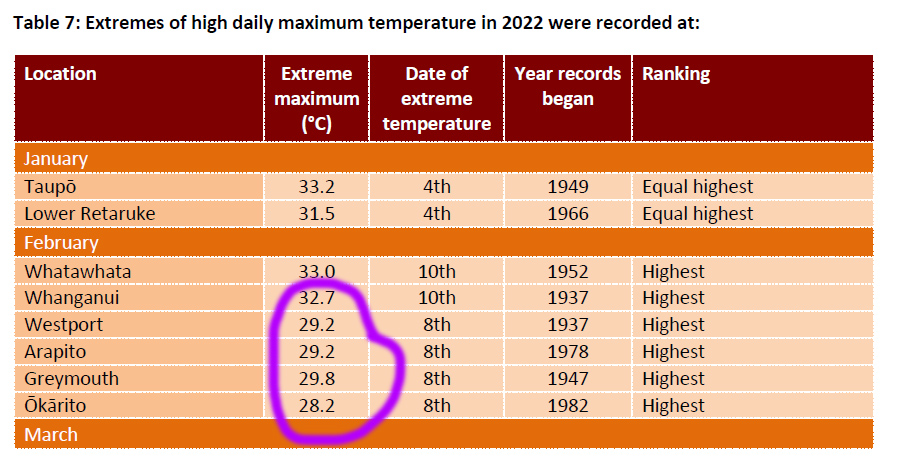 By Saeed Shah
By Saeed Shah
McClatchy Newspapers
KARACHI, Pakistan – The Pakistan government’s poor response to the worst floods in the country’s history has damaged its fragile democracy, while the powerful military establishment has gained stature with its emergency relief work, analysts said.
Even before the rains began to fall, the country was struggling to cope with an Islamist insurgency and an economy in collapse. The damage to infrastructure will run into billions of dollars and huge swaths of crops have been destroyed. More than 1,600 people have died.
The sheer magnitude of the disaster would have tested any government. However, the Pakistani government’s failures – as well as the absence of President Asif Ali Zardari, who was in Britain and France as the catastrophe unfolded – have contrasted with the military’s ability to deliver assistance, with the army rescuing more than 100,000 people.
Washington is banking on Pakistan’s civilian leadership to rein in the military, which is alleged to support some Islamic extremist groups, including the Afghan Taliban. British Prime Minister David Cameron recently accused Pakistan of the “export of terror.”
Pakistan has spent more than half its 63-year existence under military rule, with the last such period ending in 2008 with Zardari’s election.
Critics say Zardari’s ill-timed trip has created an image of an indifference and arrogance. Zardari, who was unpopular before the flood, faced protests Saturday at a political rally for his Pakistan Peoples Party in the British city of
Birmingham, with one demonstrator throwing a shoe at him, which missed.
“Even when governments can’t cope, they can at least show empathy. That was missing,” said Ayaz Amir, a newspaper columnist and a member of parliament for the opposition Pakistan Muslim League-N. “Who was the first person on the scene? The army chief.”
The government insists that Zardari’s overseas tour was important and that the prime minister, not the president, is responsible for running the government, including responding to natural disasters.
Farahnaz Ispahani, a member of parliament and a spokeswoman for Zardari, said his visits to France and the Britain were previously scheduled, and “he felt it important diplomatically to continue those visits.”
However, the pictures of what some have dubbed Zardari’s “joy ride,” including a visit by helicopter to a 16th century chateau he owns in Normandy and a five-star luxury hotel stay in London, have played continuously on television, fueling popular anger.
“This has really cost him (Zardari) heavily,” Amir said. “This image will linger.”
Flood victims, many of whom have had their homes swept away, have bitterly complained about the lack of government help. The floodwaters, caused by torrential rain in the north more than a week ago, traveled roughly 600 miles south and east, along the course of the Indus River and arrived in Sindh province over the weekend.
In Sindh, the water is now threatening two key levees, at Guddu and Sukkar, which, if they fail, would add greatly to the catastrophe. A protective dike at Torhi, near Sukkur, burst Saturday.
The United Nations on Sunday increased its forecast of the number of people affected to 6 million and said that the scale of the crisis was similar to the massive 2005 earthquake that hit northern Pakistan.
The floods “have exposed the weakness and poor management by the civilian government. The military got an opportunity to demonstrate its organizational ability and technical skills,” said Hasan Askari Rizvi, a political analyst based in Lahore. “The military knows they have public support, so they can pursue their own agenda.”







